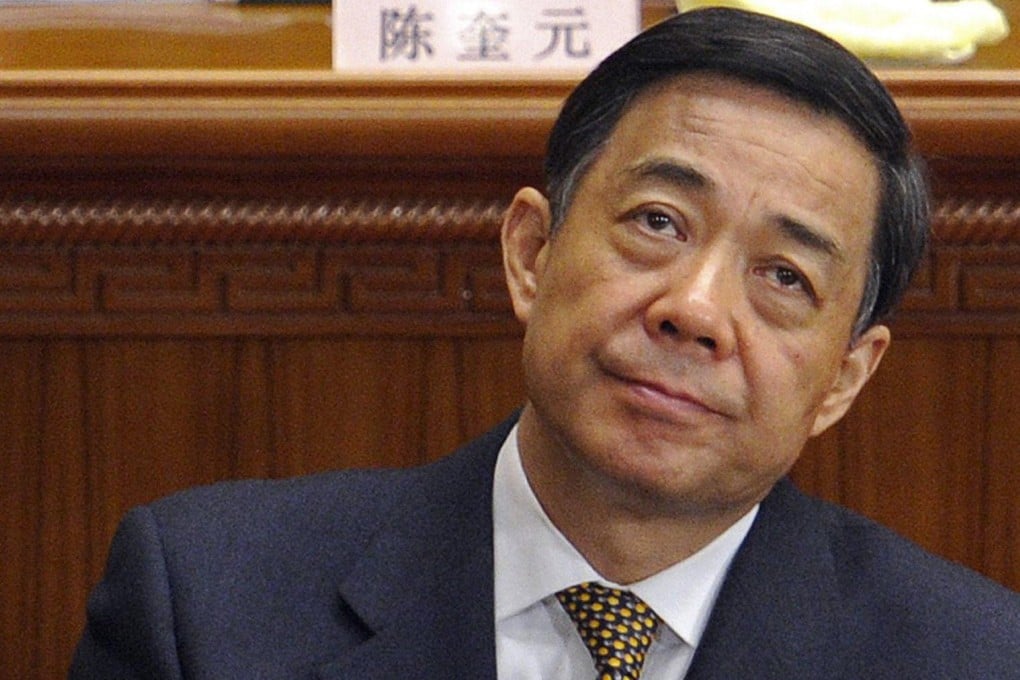Court's point-by-point verdict on Bo Xilai
Bo Xilai's spirited rejection of some of the claims against him attracted worldwide attention. But it cut little ice with those who sat in judgment

The Jinan Intermediate People's Court accepted just two of the points former Chongqing party chief Bo Xilai made in his defence as it jailed him for life yesterday. The court, in a transcript released on its official weibo account, set out its point-by-point rebuttal of Bo's defence. It also detailed ways in which he abused his power after the crimes of his wife, Gu Kailai, and the attempted defection to the US by his key lieutenant, Wang Lijun.
I confessed under duress.
Under Chinese law, the use of corporal punishment, corporal punishment in disguised form, or spiritual torture to interrogate and extort confessions is illegal. The "pressure" Bo faced did not involve any such act.
I did not know that [Dalian -based billionaire] Xu Ming was paying the expenses for my wife and son [Bo Guagua].
Bo's denial in court is invalid as his written statements before the trial matched the testimony of Xu Ming and others, showing he not only knew that Xu Ming was financing Bo Guagua's study abroad but also understood well their deal - exchanging power for money. Whether Bo knows the exact amount or not makes no difference.
